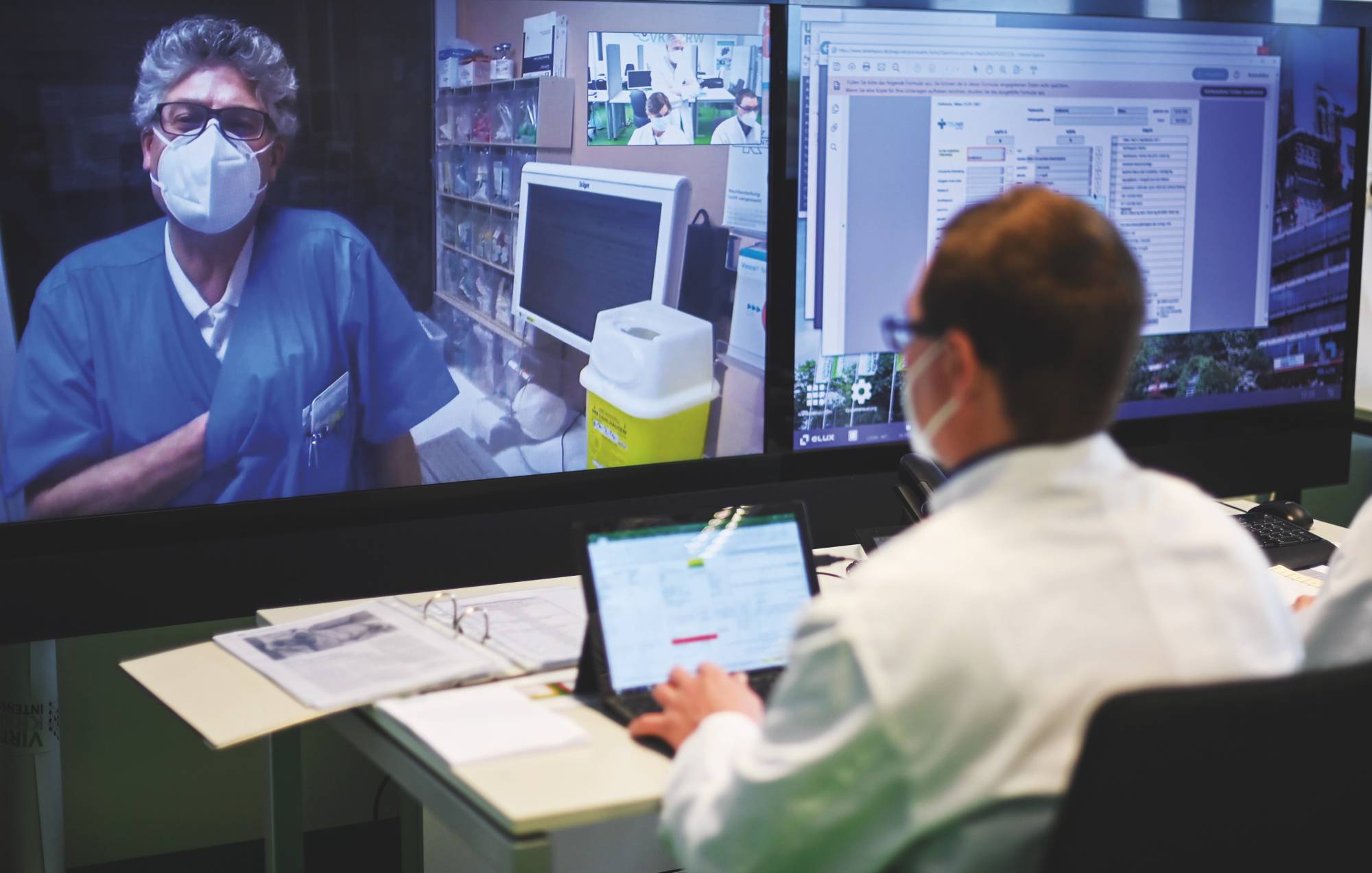The outbreak of the COVID-19 pandemic suddenly made every society fearful of face-to-face contact. Restaurants, cafes, concert halls and other cultural amenities essential for a flourishing urban civilization were closed, in some countries for over a year, to protect people against the risk of infection and prevent health systems from being overwhelmed. Life retreated to the family cell, and the burden of stress and frustration grew.
As it happens, such so-called digital capitalism hinges precisely on reducing physical interactions and dispensing with the need for face-to-face meetings. COVID-19 has rendered many activities virtual; for example, health care consultations are now often conducted remotely. The pandemic has thus allowed the dominant players in digital industries to conduct a full-scale experiment regarding the virtual world’s assimilation of the physical one.
To understand why the digital economy goes hand in hand with the need to protect oneself from face-to-face interaction, it helps to read (or re-read) the French economist Jean Fourastie’s seminal 1948 book “The Great Hope of the Twentieth Century.” Fourastie offered an optimistic vision of the world to come: after agrarian society, which cultivated the soil, and industrial society, which worked with matter, human beings in the service society would finally cultivate themselves. Education, health and leisure would be central to the new world.


















With your current subscription plan you can comment on stories. However, before writing your first comment, please create a display name in the Profile section of your subscriber account page.